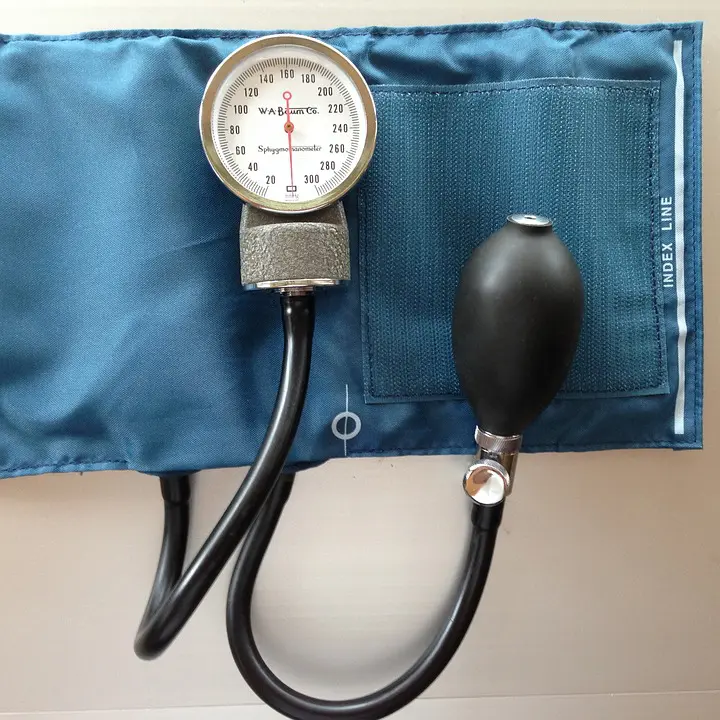Why would a dentist care about your blood pressure? After all, blood pressure can help ward off things like stroke and heart attacks, but dental care treats cavities and gum disease. There’s an important link, though, which explains why many dentists take their patients’ blood pressure prior to certain procedures.

(Pixabay / soc7)
Hypertension, or high blood pressure, is the most common indicator of possible cardiovascular diseases. Many Americans have hypertension without even knowing it. People typically see their doctors only when they are sick. If they don’t feel like anything is wrong with their body, they may automatically assume that they are healthy. If people show up for their regular dentist appointment, though, a dentist may be able to catch the problem—even if the patient hasn’t seen their regular doctor lately. Dentists can serve as another layer of detection in a broad effort to prevent major illnesses before they occur.
Blood Pressure
Blood pressure is the amount of force the circulating blood of a person exerts on his blood vessels. The measurement is expressed in terms of “systolic” pressure over “diastolic” pressure in millimeters of mercury. Systolic pressure is the highest pressure in the arteries during the heart’s contraction. Diastolic is the lowest pressure when the muscle of the heart is resting between beats. Ideal blood pressure should be lower than 120/80 mmHg. It takes only a few minutes to measure a person’s blood pressure.
Screening for Cardiovascular Diseases
Health professionals, including your dentist, should screen you for risks of cardiovascular and other diseases. People with blood pressure higher than 130/80 may be at risk, even if they don’t exhibit symptoms. The screening is recommended because hypertension, often times referred to as the silent killer, may occur without any symptoms and remain unnoticed during the early stages of disease.
Cardiovascular Disease and Dental Health
Though most people don’t know it, cardiovascular disease affects the teeth, too. It can often lead to dry mouth, which can cause tooth decay. In addition, it’s important for dentists to know about cardiovascular disease before performing dental procedures. If the procedure involves anesthesia, they may opt to hold off, as some anesthesia may actually exacerbate cardiovascular problems.
Managing Hypertension
Health professionals, including your dentist, can help monitor your blood pressure and review your current medications during each consultation. They can then determine if any of your medications have side effects that affect your dental health. They can also help you know if your blood pressure is suggestive of hypertension or other cardiovascular diseases.
